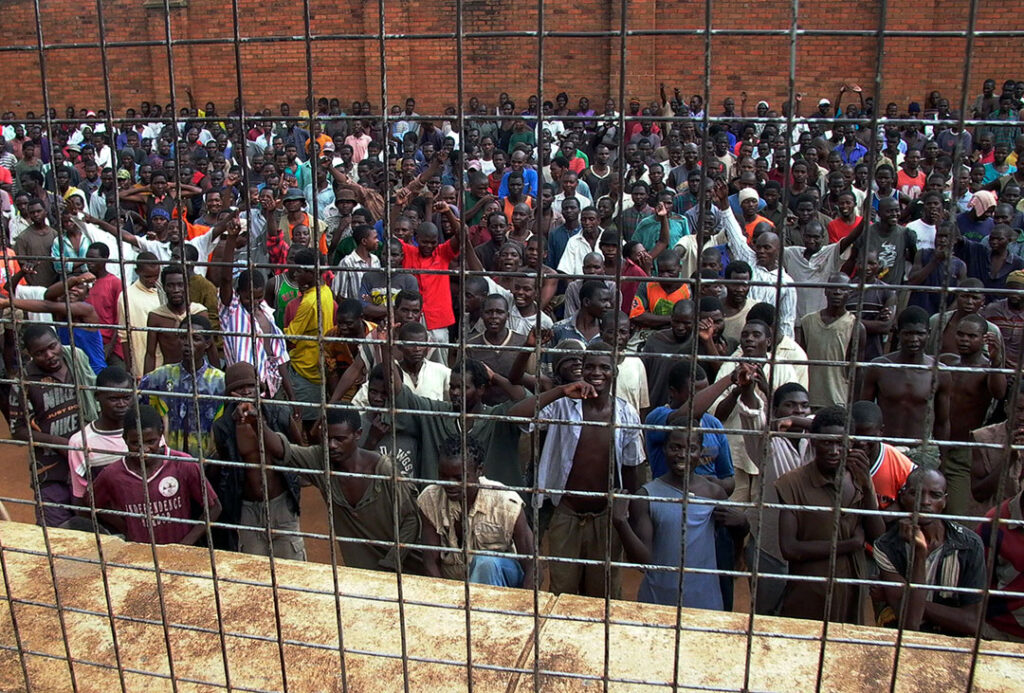African nations’ counterterrorism strategies range from battlefield combat to cat-and-mouse hunts in cyberspace. But there is one aspect of counterterrorism that some experts say deserves more attention — the influence jailed terrorists can have on other prisoners.
The concern, according to Gen. Paul Phiri, commander of the Malawi Defence Force, is that terrorists will spread their radicalization to other prisoners, who then will carry it back into the community when they are released.
“We need to make better connections between the military and corrections authorities,” Phiri told ADF during an interview at the African Chiefs of Defense Conference earlier this year in Nairobi, Kenya. “The military needs to have a buy-in.”
Malawi has avoided terror attacks that have plagued other African countries in recent decades. But the threat is present and growing, according to security experts.
Last year, Malawi’s National Intelligence Service (NIS) reported on terrorist activities inside the country, including attempts by the Islamic State group (IS) to recruit fighters. Like many African countries, Malawi has porous borders. That includes its 1,750-kilometer border with Mozambique, where IS-affiliated terrorists operate in Cabo Delgado province.
Radicalization in prison is a worldwide issue, according to the United Nations and the advocacy group Prison Reform International.
“Overcrowding and poor conditions, alongside harsh treatment are widely recognized as causing grievances, frustration and resentment among people in prison, and may lead some to be radicalized leading to violence,” Prison Reform International experts wrote in a 2020 report.
Although terrorism remains a minor issue in Malawi, the country’s overcrowded prisons create conditions that can lead to radicalization.
“If we’re not careful, it can become a breeding ground,” Phiri said.
Terrorists are not “ordinary” offenders, analyst Peter R. Neumann noted in a report on prison radicalization.
“They often use their time in prison to mobilize outside support, radicalize other prisoners, and — when given the opportunity — will attempt to recreate operational command structures,” Neumann wrote in a 2010 analysis for the International Centre for the Study of Radicalisation and Political Violence.
As Malawian leaders seek to prevent violent extremism from metastasizing in their prisons, Mozambique provides some ideas.
The fight against terrorism in Cabo Delgado has added large numbers of inmates to Mozambique National Penitentiary Service (SERNAP) prisons. The prison population grew from 18,000 in 2020 to more than 22,000 in 2024, more than triple its capacity.
Mozambican authorities have worked with the U.N. and Belgian prison authorities to train correctional officers on rehabilitation practices for prisoners associated with terrorism. De-radicalization efforts remain a work in progress.
A SERNAP goal is to develop programs focused on education, cultural and sports-related activities in prisons to help rehabilitate and reintegrate former prisoners.
Phiri would like to see Malawi’s corrections system launch a system of psychological programs in prisons as a counterterrorism tool. He said former terrorists should be monitored after they are released from prison.
“People need to be followed up with to see what they are doing after they return to society,” Phiri said.

